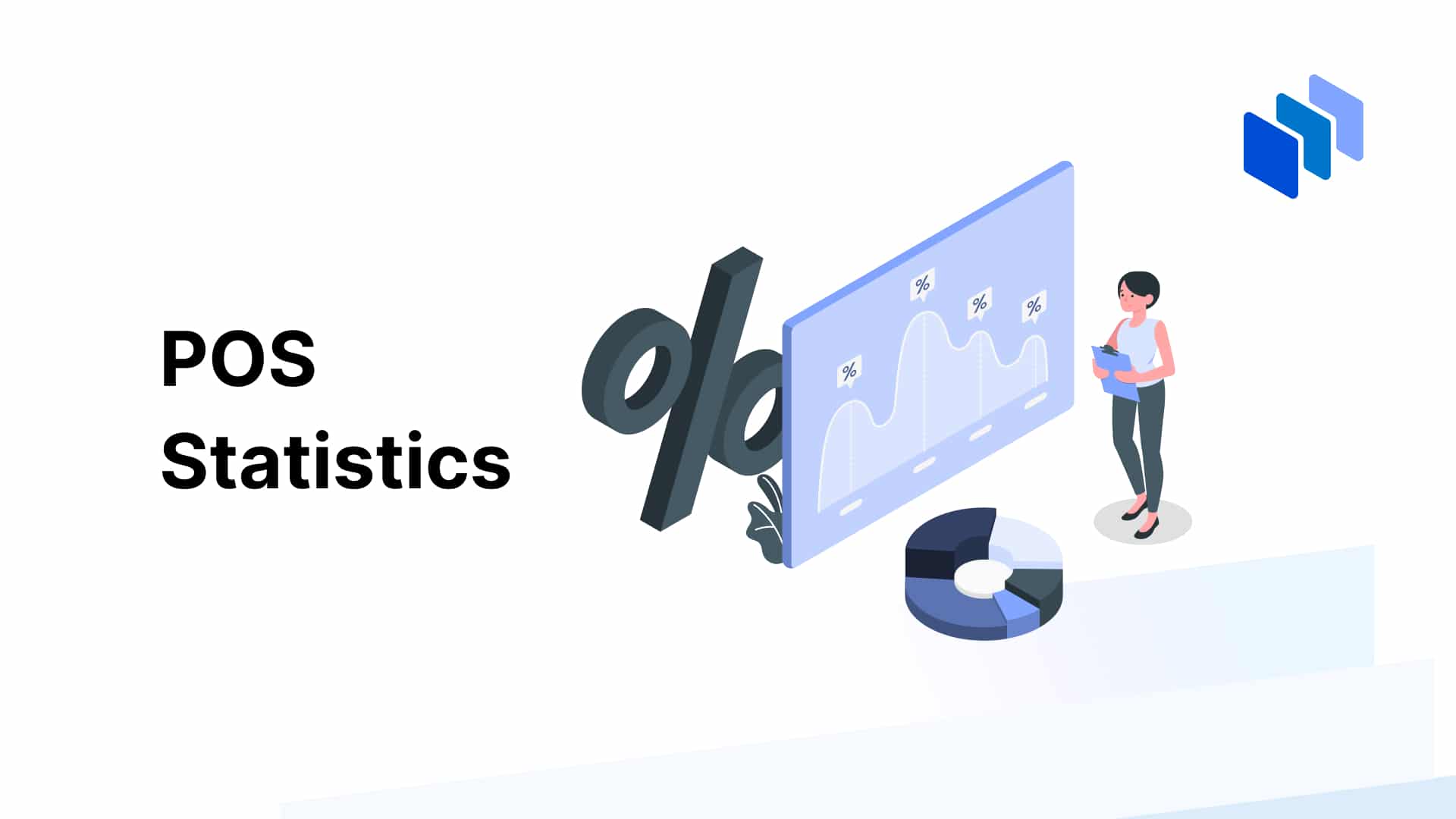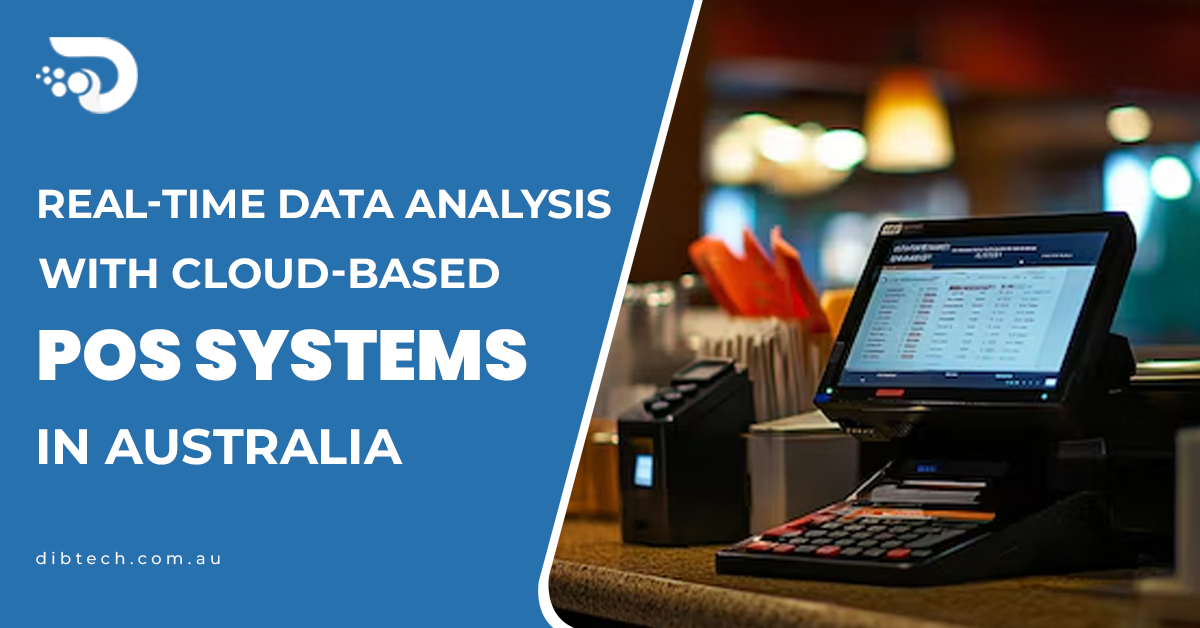The Pros and Cons of Open Source POS Systems: Is It Right for Your Business?

Choosing a Point of Sale (POS) system is one of the most important decisions a business can make. Among the options available, open-source POS systems have become increasingly popular for their flexibility and cost-effectiveness. However, like any technology solution, open-source POS comes with its own set of advantages and disadvantages. In this blog, we’ll explore the pros and cons of open-source POS systems to help you decide if it’s the right fit for your business.
What is an Open Source POS System?
An open-source POS system is software that offers its source code to users, allowing them to view, modify, and even redistribute the code. This provides businesses with a customizable, potentially low-cost option to manage their sales and transactions. Unlike proprietary POS systems, which come with fixed features and are supported by a specific provider, open-source solutions give businesses the flexibility to create a POS system tailored specifically to their needs.
Pros of Open Source POS Systems
- Cost-EffectiveOne of the biggest advantages of open-source POS systems is cost savings. Many open-source POS solutions are free to download and use, which can significantly reduce initial expenses. Although there may be costs associated with customization, hosting, and maintenance, an open-source POS system generally has a lower total cost of ownership than a proprietary solution, especially for small businesses with tight budgets.
- Customizability and FlexibilityOpen-source POS systems offer full control over the software’s features and functionalities. Since users can access and modify the source code, businesses can tailor the POS system to meet specific needs, from adjusting the user interface to adding specialized functions. This flexibility is particularly beneficial for businesses with unique workflows or those in niche markets that require non-standard features.
- Independence from Vendor Lock-InUnlike proprietary POS systems that bind users to a particular provider, open-source POS systems allow businesses to avoid vendor lock-in. This independence means that you’re free to switch service providers, integrate with different hardware, or migrate your system as needed without being tied to a single company’s offerings or update schedule.
- Access to a Community of DevelopersOpen-source projects often have active communities that share code, provide troubleshooting tips, and offer support for various functionalities. This community-driven approach gives users a broad range of resources to resolve issues, create new integrations, or find innovative solutions to challenges without relying solely on a vendor.
- Enhanced Security through TransparencyWhile open-source systems are open to anyone, their transparency allows a community of developers to detect and fix vulnerabilities quickly. Unlike proprietary software, where security issues may only be addressed by the vendor, open-source systems benefit from rapid identification and resolution of security risks, leading to potentially higher security standards.
Cons of Open Source POS Systems
- Requires Technical ExpertiseCustomizing and maintaining an open-source POS system often requires in-depth technical knowledge. Businesses without IT expertise may struggle with setup, troubleshooting, or adding custom features. As a result, some companies may need to hire IT specialists or consultants, which can add to the overall cost of implementation and maintenance.
- Potentially Limited SupportOpen-source POS systems often lack the dedicated customer support found in proprietary POS solutions. While many open-source platforms have community forums, these may not provide the timely or comprehensive support that businesses need, especially in high-stakes environments like retail or hospitality. For businesses that require round-the-clock support, relying on community-driven assistance may be a disadvantage.
- Hidden CostsWhile open-source POS systems can be free to use, there are often hidden costs involved. Customization, security measures, hardware compatibility, and ongoing maintenance all add up over time. For instance, integrating additional features or ensuring compliance with industry standards may require hiring a developer or purchasing third-party plugins, diminishing the cost advantage.
- Security Risks and Compliance ChallengesWhile the open-source community addresses many security issues, open-source systems can still be vulnerable if not configured and maintained properly. Businesses in regulated industries, such as retail and healthcare, may face compliance challenges with open-source systems, as they may lack specific certifications or built-in safeguards required by law. Ensuring that the system remains secure and compliant can require significant investment in time and resources.
- Incompatibility with Certain HardwareUnlike proprietary POS systems designed to work seamlessly with specific hardware, open-source POS solutions may not always be compatible with the latest devices or peripherals. This can limit the choice of equipment, which may impact performance or limit advanced functionality. In some cases, additional coding or third-party integrations may be needed to make hardware and software work together smoothly, adding further complexity.
Is an Open Source POS System Right for Your Business?
Deciding whether an open-source POS system is the best option depends on the specific needs and resources of your business. If your business has access to technical expertise and requires a highly customizable solution without the constraints of vendor lock-in, an open-source POS may be an excellent choice. This can be especially beneficial for growing businesses that want to scale up or add unique functionalities over time.
However, if you lack the technical skills in-house or need guaranteed, round-the-clock support, a proprietary POS system may be a safer choice. For businesses with strict security or regulatory requirements, the added risks of an open-source POS system might outweigh the potential savings.
Conclusion
Open-source POS systems offer compelling benefits, including cost savings, customizability, and freedom from vendor lock-in. However, they also come with potential drawbacks, such as the need for technical expertise, potential hidden costs, and security concerns. By weighing these pros and cons, businesses can make an informed decision about whether an open-source POS system aligns with their needs and capabilities. Ultimately, choosing the right POS solution is about finding a balance between cost, functionality, and long-term value.
Visit our site at www.dibtech.com.au
Visit our YouTube channel for tutorials Dibtech






